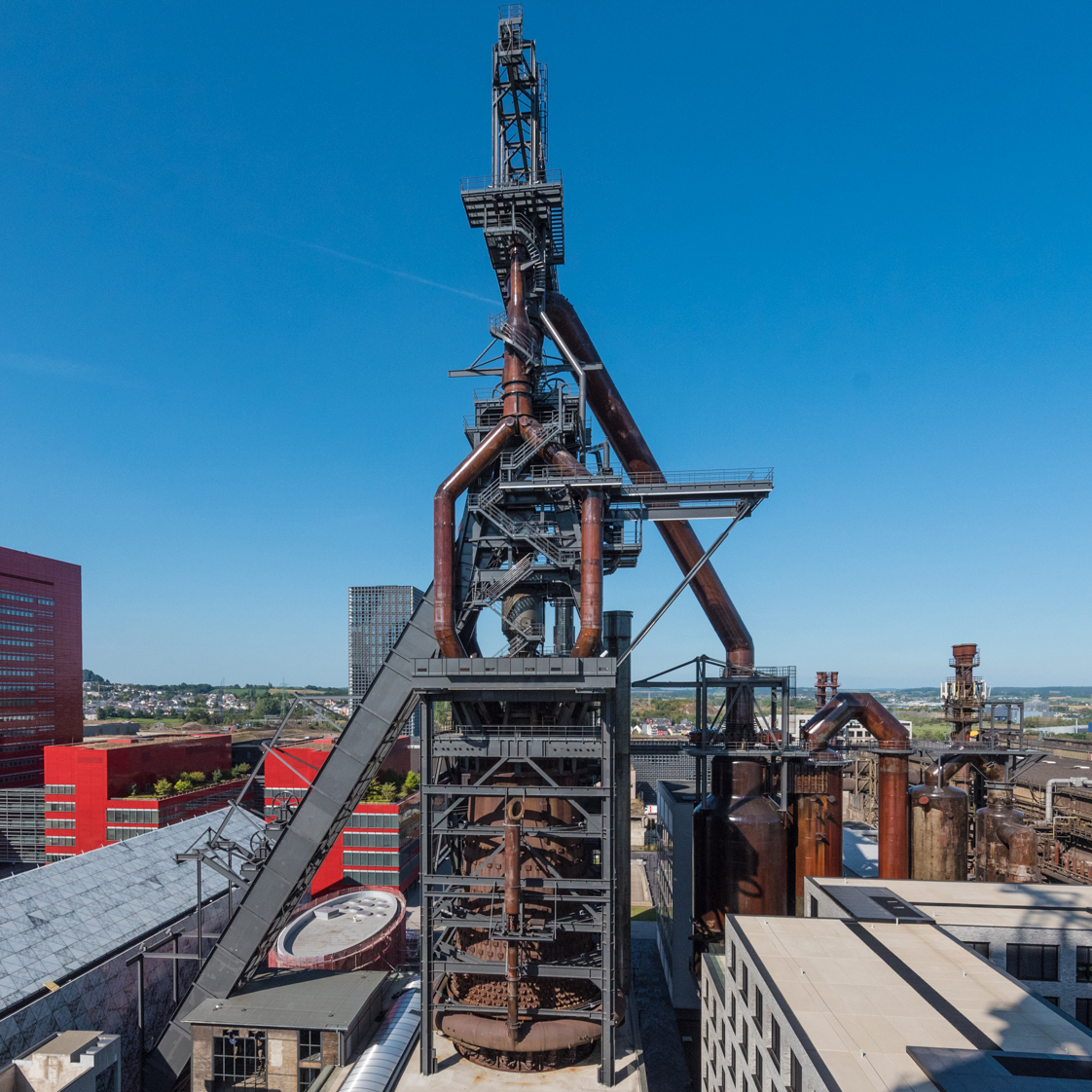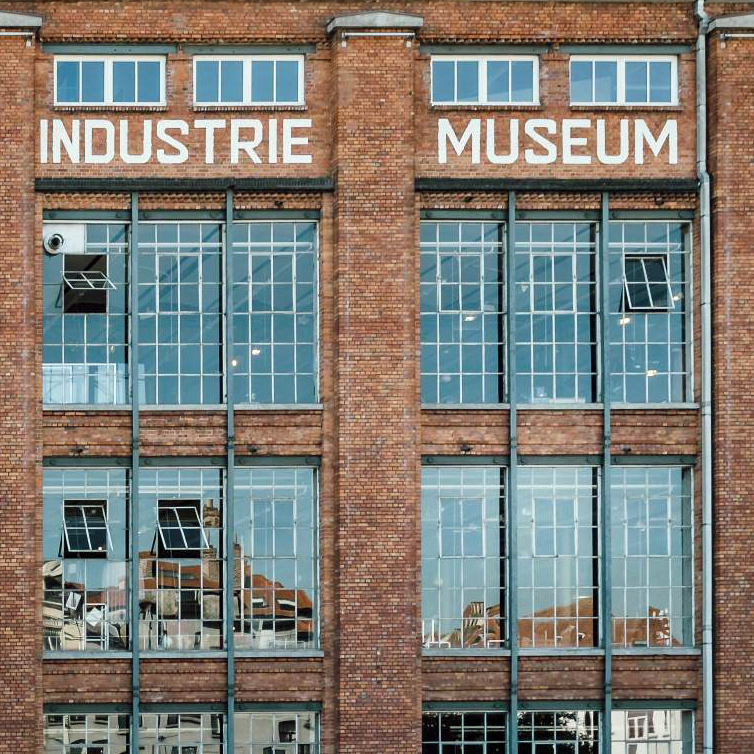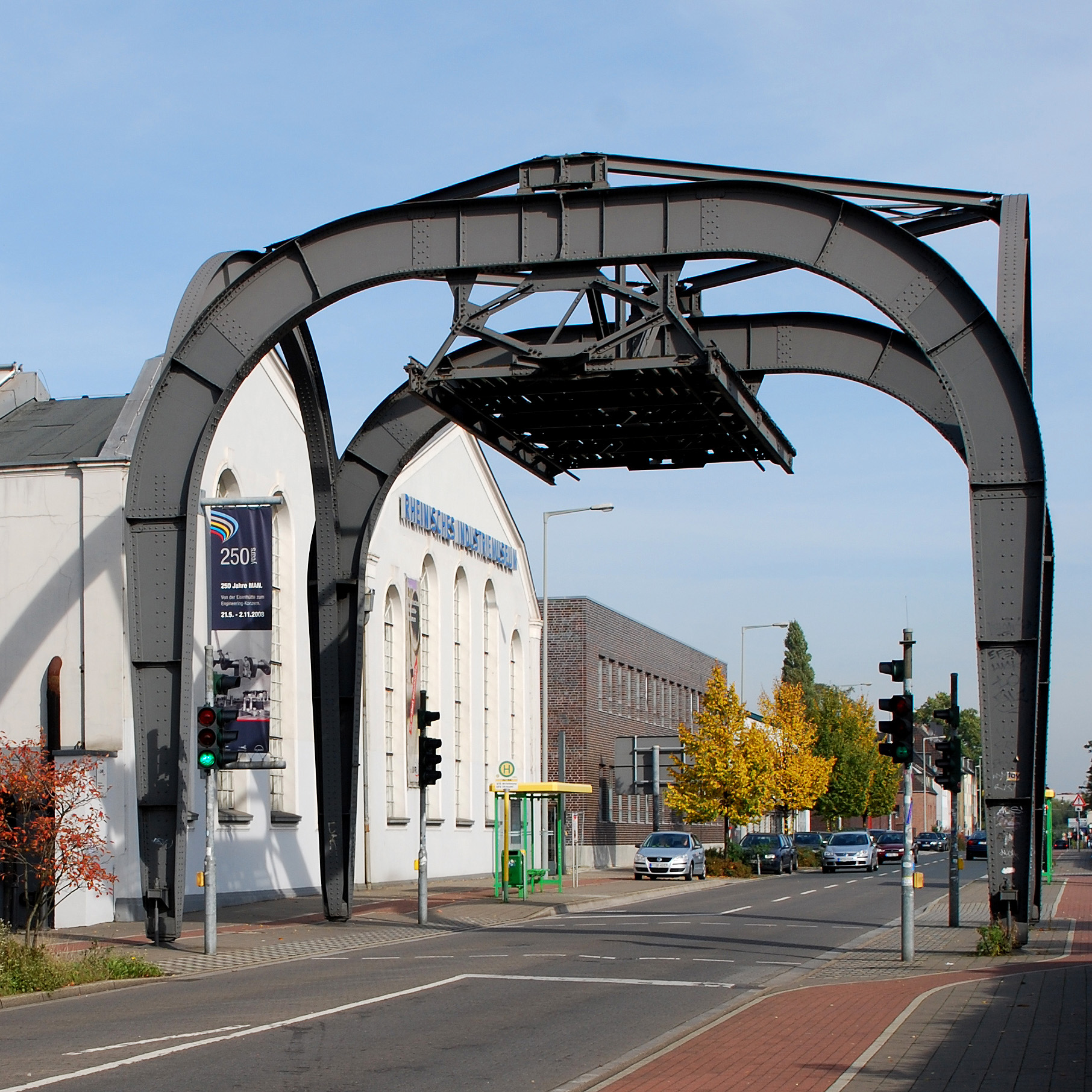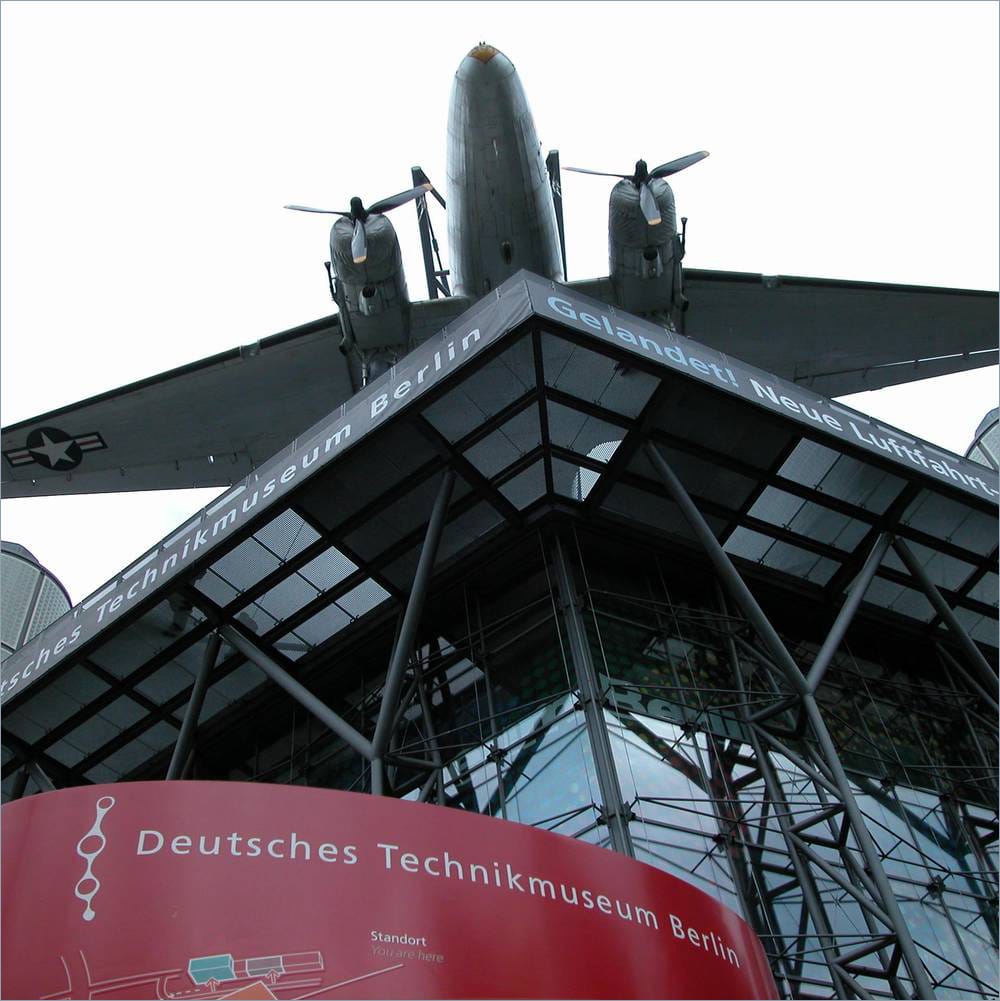ERIH ANNUAL CONFERENCES
The ERIH Conference has been held annually since 2005 at different industrial heritage sites across Europe. Each conference focuses on a topical issue in industrial heritage tourism. They also provide a platform for people from different European countries and regions to share experiences, expertise and get to know each other. Speakers and participants are experts from industrial heritage sites and organisations, museums, tourism institutions, heritage authorities, development agencies, academia and people interested in the topic.
SAVE THE DATE
The 20th ERIH Conference will be held in Łódź (PL) from 23-25 October 2024.
19TH CONFERENCE 2023 BILBAO (E)

INDUSTRIAL HERITAGE AS AN ENGINE FOR SUSTAINABLE SOCIAL AND ECONOMIC COMMUNITY REGENERATION
The New European Bauhaus: Beautiful – Sustainable – Together
8 - 10 November 2023 in Bilbao, Basque Country, Spain and Online
To shape our future the European Commission has formulated "The New European Bauhaus" (NEB) as framework that aims to be a bridge between the world of science and technology, the world of art and culture and community engagement. The NEB is an interdisciplinary initiative that demonstrates how sustainable innovation brings tangible and positive experiences to our daily lives. It calls on all of us to imagine and build together an enriching, sustainable and inclusive future. Industrial heritage provides an ideal opportunity for communities to realize this. On the 2023 ERIH Annual Conference the speakers are going to present inspiring projects that showcase these connections.
-
Programme of the conference
Programme of the conference
-
Photo gallery of the conference
Photo gallery of the conference
-
Presentations held on the conference
Presentations held on the conference

VIDEO ERIH CONFERENCE 2023
REVIEW OF PREVIOUS CONFERENCES
-
Conference programme
The first steps are done: Industrial heritage owes its existence to the structural changes in industry in the last third of the 20th century. Abandoned factories were transformed into venues of culture, preserving the memory of the lives and achievements of engineers and entrepreneurs as well as, and especially, of the workers. These sites convey the legacy of industrial heritage that - despite its many crises - enabled large parts of Europe to experience an era of mass prosperity.
Today, industrial societies are facing another transformation that calls its very foundations into question. “Protecting, linking and promoting Europe's industrial heritage in a changing world” is the title for our new Creative Europe programme 2022-24. This "changing world" is the generic term for challenges and new developments such as climate change, digitalisation, pandemic, gender equality, inclusion and new values - the world is in a state of transformation and this naturally also has an impact on industrial heritage.
This transformation can be considered as the next “Industrial Revolution”. With climate crisis, it has become obvious that the way we produce and use things has to change fundamentally. This transformation is not only aiming at a new industry. It changes the way we look back at the industrial age. Especially younger people value it much more critically, not only in terms of its ecological consequences, but also of the intertwining of the industrial age with colonialism.
Without an understanding of this history and legacies of industrial heritage, the upcoming transformation of industrial society won’t be successful. But when the smoking chimney of the steam engine becomes a portent of the climate crisis and the miner in the coal mine is no longer a working hero but also a symbol of a "fossil" patriarchy, the image of industrial heritage is questioned, as well as the way we communicate with the public.
These are important, justified insights. They force us to play a more active role in this transformation, to rethink our own operations and make them more sustainable. And in order to reach people, we have to tell our stories differently. We need to address also critical issues inextricably linked to industry. This requires new ways of storytelling at the venues of European industrial heritage.
Conference programme -
Photo gallery of the conference
Photo gallery of the conference
-
Presentations held on the conference
Presentations held on the conference
- 00 Programme Conference 2022.pdf
- 01 Dr. Walter Hauser Key Note Introduction to the topic.pdf
- 02 Yann Logelin and others L On a journey through the Minett region.pdf
- 03 Sebastian Nicolai Zeitz DE Telling the story of structural change.pdf
- 04 Kirsten Baumann LWL Industriemuseen Looking back to the future.pdf
- 07 Gabriele Bosi I Prato Industrial City.pdf
- 08 A. Chabiera - A taste for new life.pdf
- Xtra Peter Backes Greening ERIH.pdf
-
Conference programme
The topic of the conference was “Resilience”. The event explored how industrial heritage sites have survived the Covid-19 pandemic and developed interesting and imaginative ideas for ongoing development in a post-pandemic world.
Resilience is defined as “being able to recover quickly from difficulty or distress”. The conference provided a timely opportunity to share experience on how sites and attractions are recovering from the impact of Covid and extended periods of closure. The conference also explored ways to mitigate against wider and long-term impacts on the protection and promotion of our industrial heritage.
Conference programme -
Photo gallery of the conference
Photo gallery of the conference
-
Recording of the conference
Recording of the conference
-
Presentations held on the conference
Presentations held on the conference
- 00 Conference Programme.pdf
- 01 Christiane Baum. What is new in ERIH.pdf
- 02 Julia Pagel. Museums during Covid-19.pdf
- 03 Dr Michael Nevell. Restarting Industrial Tourism in England. Impact of COVID-19.pdf
- 04 Maria José Teixeira. Portuguese National Railway Museum Visitors - Far away but never so close.pdf
- 05 Christelle Dethy. Former Walloon Coal Mine faced to Covid-19.pdf
- 07 Sascha Keil. Aranka Haneke. Daniel Sturm. The new digital underground podcasts radio guided tours .pdf
- 08 Invitation to ERIH Conf 2022 Luxembourg.pdf
-
Conference programme
Industrial Heritage is more than just industrial buildings and machinery, that is, the “tangible” remnants of industry. Industrial Heritage also includes the complex knowledge of running and maintaining machines, of numerous techniques and skills as well as of sector-specific social routines and intangible heritage. But this knowledge is in danger of being lost with the passage of time. Today heritage organisations are increasingly facing the retirement of their first generation professionals and volunteers – staff who experienced at first-hand life within these industrial communities. Against this background effective methods are needed for transferring and sharing knowledge with new staff and volunteers that engage in the field.
Most heritage institutions are facing these problems in a more or less similar ways. Therefore the presentations held at the conference introduced excamples how we can protect industrial heritage by ensuring that skills and knowledge are passed on to future generations. It also provided a platform for exchange and critical debate of experiences in the field of knowledge transfer and succession planning.
Conference programme -
Photo gallery of the conference
Photo gallery of the conference
-
Presentations held on the conference
Presentations held on the conference
- 00 Programme ERIH Conference 2020.pdf
- 01 Jaap Nieweg FEDECRAIL PPP Keep the wheel turning.pdf
- 02 Thorsten Dette VIRAL Projekt.pdf
- 03 Ashleigh Taylor World Heritage Youth Ambassadors.pdf
- 04a Piecha-van Schagen Carrying on the story.pdf
- 04b Adam Kowalski To keep the wheels turning. Chorzow’s case.pdf
- 05 Susanne Richter Printing Museum Leipzig.pdf
-
Conference programme
The growth of international tourism during the 21st century has been phenomenal and industrial heritage tourism is losing more and more its niche market image and is on its way to be recognized as a respected part of our cultural heritage. Although this is good news, the question is if industrial heritage on its own is enough for long-term attraction of visitors and for the stimulation of repeated visits? Or if linking the promotion of industrial heritage more fully with other sectors of tourism is the success factor for future tourism marketing?
Conference programme -
Photo gallery of the conference
Photo gallery of the conference
-
Presentations held on the conference
Presentations held on the conference
- 1 Programme ERIH Annual Conference 2019.pdf
- 2 Dr Anna Hochreuther welcome note on behalf of Berlin Senate.pdf
- 3 Dr Adam Hajduga What is new in ERIH 2020.pdf
- 4 John Rodger Introduction to the topic - slides.pdf
- 4 John Rodger Introduction to the topic - text.pdf
- 5 Bettina Quäschning What is the role of industrial heritage in the tourism marketing mix of Berlin.pdf
- 6 H. Spiering J.Schlutius Route of Industrial Heritage by bike. radrevier.ruhr.pdf
- 7 Regina Rauch-Krainer Raffaele Caltabiano Lost industrial places- a new tourism in central Europe.pdf
- 8 Cornelia Magnusson World Heritage Grimeton Radio Station.pdf
- 9 Dr Peter Wakelin Industrial heritage in a wider tourism offer for areas of natural beauty.pdf





